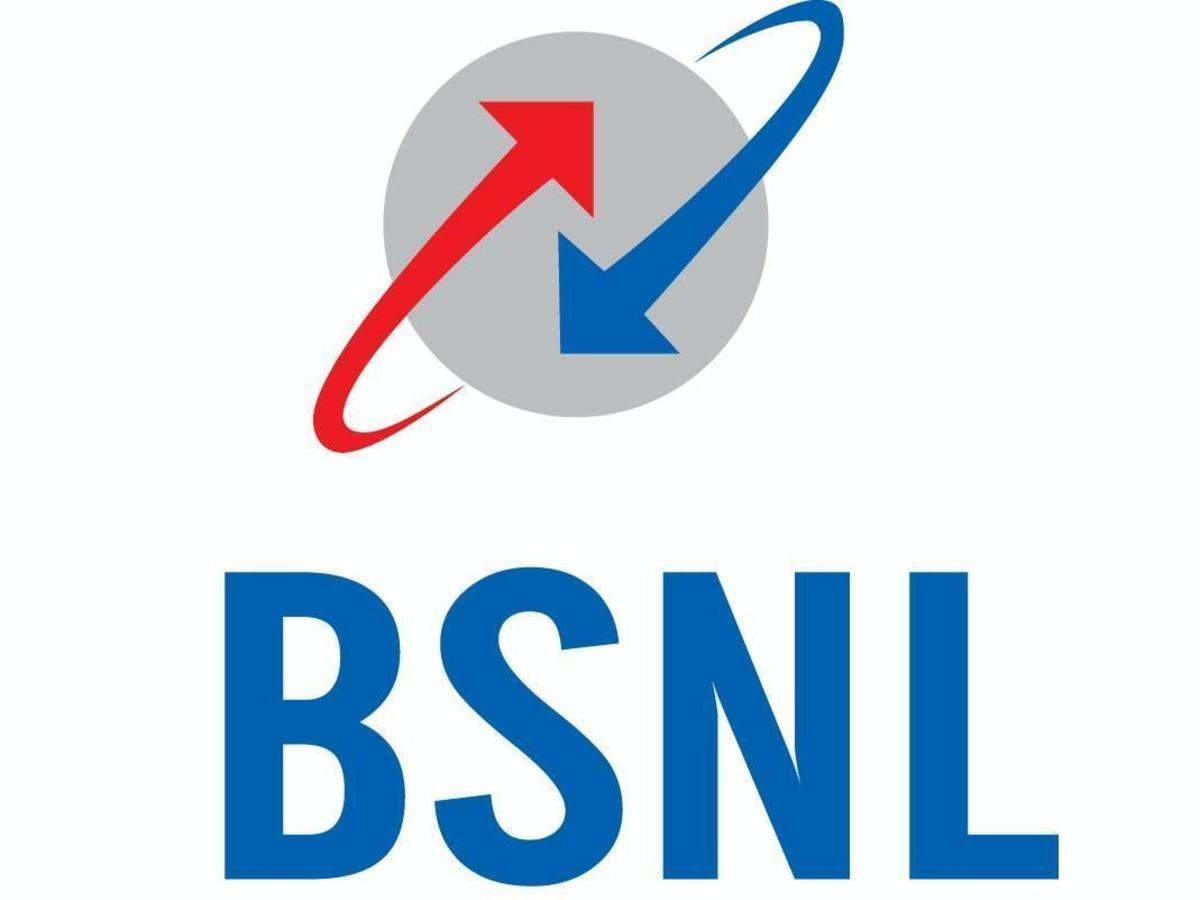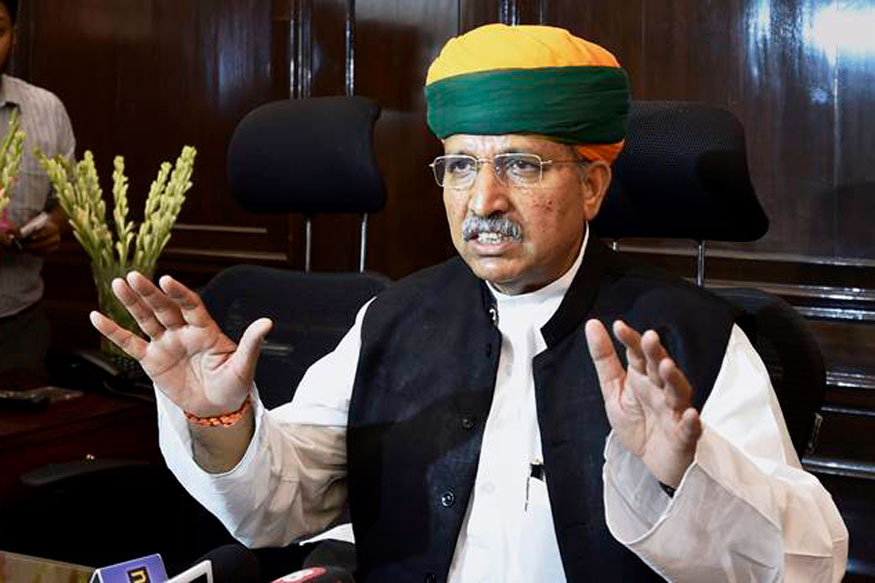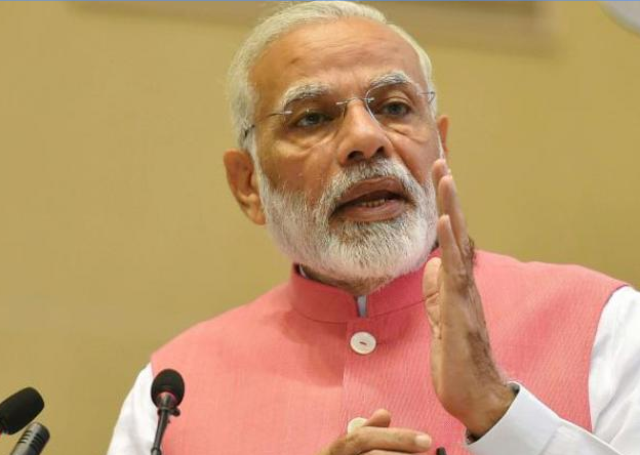OdishaPlus Bureau
A new plan for revival of Bharat Sanchar Nigam (BSNL) is being readied.

This is a follow-up to the prime minister’s office (PMO) having rejected the earlier proposal to merge BSNL with Mahanagar Telephone Nigam (MTNL), its sick sibling in the sector. Telecom Minister Ravi Shankar Prasad had said in his first press conference after assuming charge earlier this year that the government would revive BSNL and MTNL.
BSNL, it is now proposed, is to prepare an asset monetization plan. For this, the operations could be split into distinct subsidiary bodies. But there is a problem here. The revival strategy for the cash-strapped BSNL and MTNL would require a ‘legal scrutiny’ from the Solicitor General of India, following which the Department of Telecommunications (DoT) would table the Cabinet note.

Meanwhile, Union minister Arjun Ram Meghwal has announced in Kochi that the government is planning a financial package for cash-strapped BSNL. But will it help? Can a cash infusion, or any other manner of assistance, can facilitate a sustainable turnaround in the fortunes of the struggling telco?
Coming at a time when its own revenues are under pressure, the government should rather undertake a careful cost-benefit analysis to examine whether the money it spends to prop up these loss-making firms is better spent in areas with more pressing needs.
BSNL blames the fierce price war, as well as the lack of 4G spectrum, for its terrible financial situation. But there is more to the story. Its expenditure on salaries alone — it has around 1.8 lakh employees — touched 75 percent of revenues in 2018-19. For private telcos, it is only a fraction of this amount. Also, stringent procurement guidelines have led to delays in purchasing equipment, hampering operations. Losses have surged, rising to Rs 14,202 crore in 2018-19.

Although the non-availability of the spectrum may have hurt its operations, revenue from data increasingly accounts for a greater share of total revenue. Even if BSNL is allocated the 4G spectrum it desires, it will still need additional funds to ensure a smooth roll-out of services.
The telco hopes to monetize its assets such as land. It also expects to cut costs by cajoling 70,000 to 80,000 employees to opt for a voluntary retirement scheme. Even if a significant portion of its workforce opts for VRS, it will still have over 1 lakh employees. Of course, part of the funds from asset monetization can be used to finance the VRS package. But, it is debatable whether the balance will be enough to fund its 4G operations. In a hyper-competitive sector, where big companies are bleeding, it is doubtful if BSNL will have the continued ability to pump in money to challenge other telcos.

Prime Minister Narendra Modi has often underlined that ‘government has no business being in business.’ Yet his government has still not framed a concrete strategy to shut down loss-making enterprises. The cost of keeping these firms alive is increasing, and it comes at the expense of investment in other sectors such as infrastructure, health, and education.




















